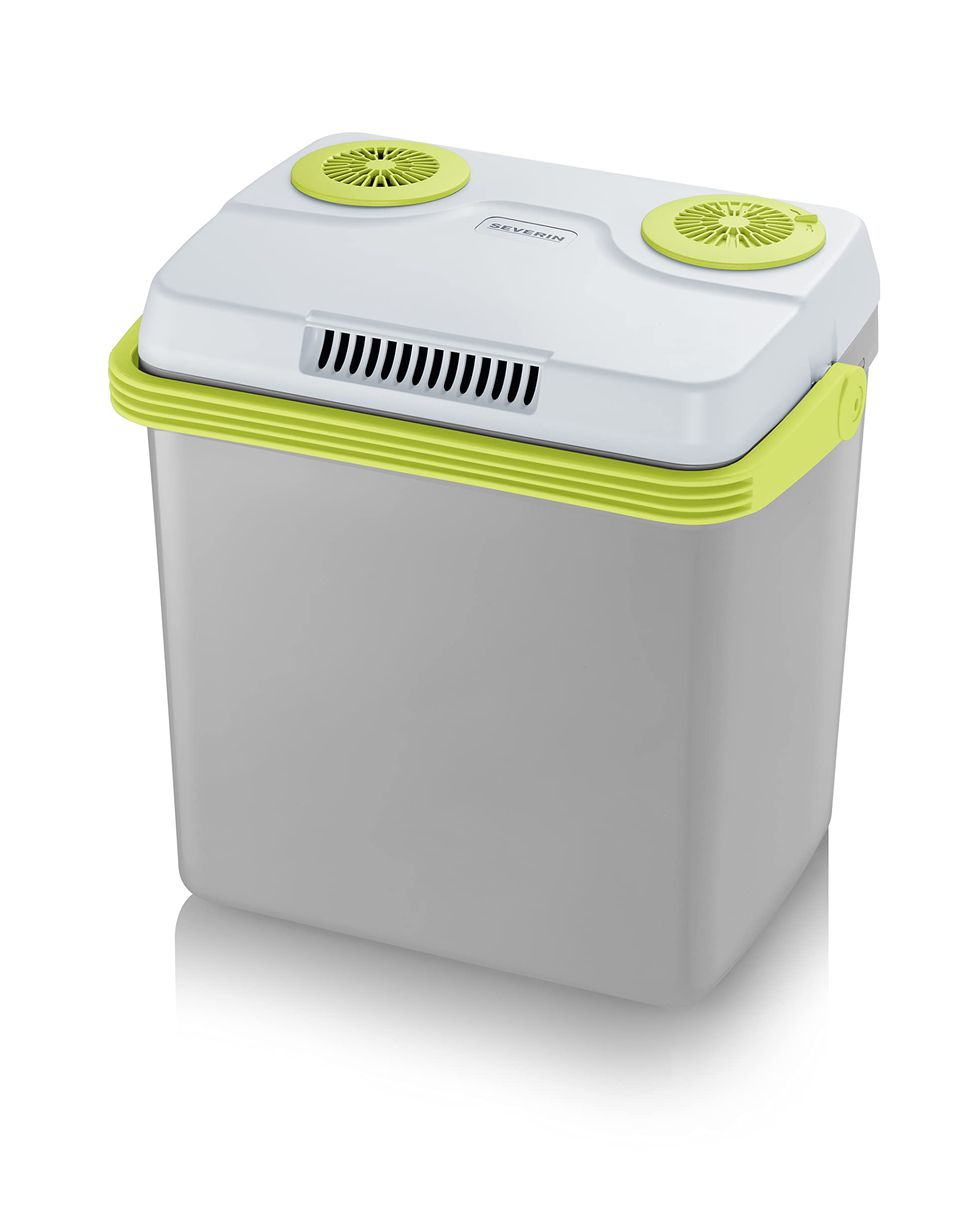The authorities have been determined for years to combat the environmental impact. They do this in many ways but as you have seen for a long time, it affects us in this area Often the focus has been on road traffic in cities. With this in mind, measures have been promoted that you will know well if you live in a big city: traffic restrictions in urban centers on older, more polluting cars and the industry’s commitment, more or less, to electric cars.
But the question often arises To what extent is traffic responsible for the apparent environmental impact of large cities? How much do they weigh in it?
To answer this question and others, we also promote Big data projects aim to study how traffic affects cities, although there is another increasingly emerging technology that can also help solve this puzzle: we are talking, of course, about artificial intelligence.
This tool that has become increasingly present in our daily lives will now also be the mainstay of anything The project that the State of Catalonia will launch with Libeliuma Spanish company specialized in designing smart solutions to achieve sustainability that will Developing a new artificial intelligence model using computer vision that aims to measure and analyze the environmental footprint of traffic.
Artificial intelligence is able to read video clips to reinterpret the traffic impact
This artificial intelligence, as those responsible for it explain, will depend on the so-called Computer vision, or artificial vision, is a field of artificial intelligence that relies on images and video clips from traffic cameras and other devices, and is able to extract and analyze them to make decisions or even make recommendations based on them.
Therefore, with this method, The ultimate goal of the project will be to carry out a pilot test in a specific area of Catalonia using the existing network of cameras – to analyze cars, their stickers, pollutants emitted, parking lots and accidents such as accidents – as well as new car installations, for example to measure pollution levels, as well as having exclusive servers for these measurements. So that all the images collected can be quickly converted into measurable data and interpreted with the help of advanced artificial intelligence techniques. In this way, they intend the project to help refocus the way the environmental impact of traffic is understood and mitigated.
“With the data obtained, including aspects such as the type of vehicle or its age, we will be able to significantly contribute to reducing pollution and promoting healthier urban environments,” explains Alicia Asen, CEO of Libelium. “We must not forget that, According to the United Nations, nine out of 10 people in the world breathe polluted air, causing up to 7 million premature deaths.

“Beeraholic. Friend of animals everywhere. Evil web scholar. Zombie maven.”




